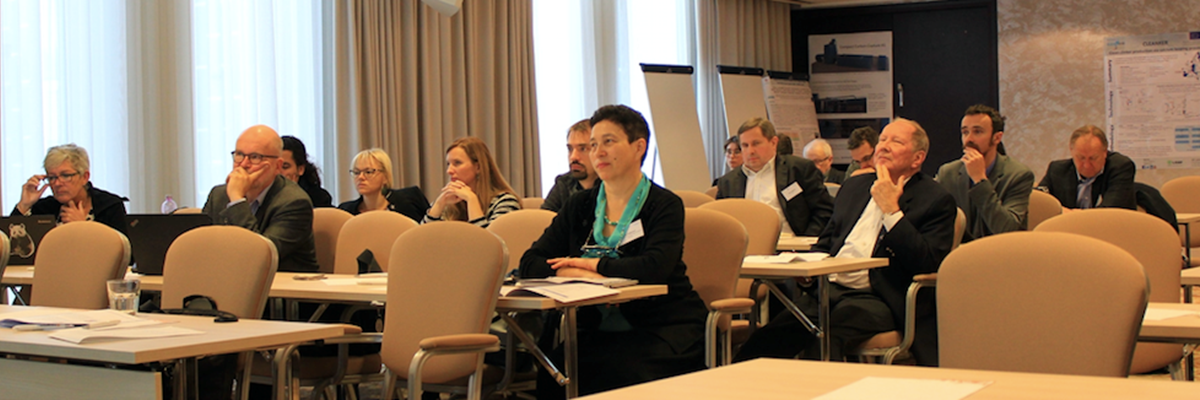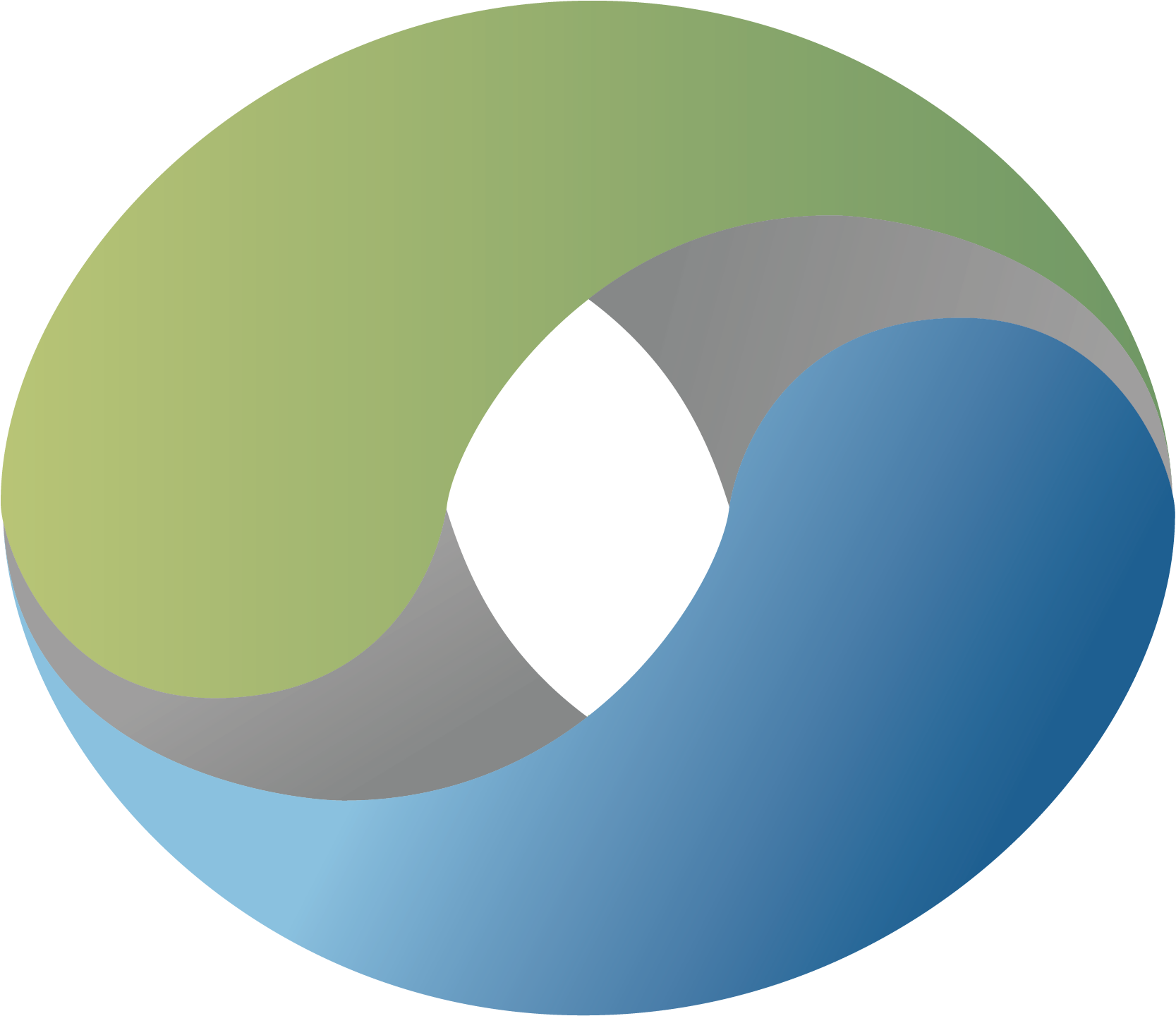BASRECCS - ENOS workshop
BASRECCS – ENOS Workshop
Tallin (Estonia)
By Alla Shogenova - CO2GeoNet-TTUGI, & Vit Hladik - Czech Geological Survey

(Alla Shogenova)
The BASRECCS–ENOS knowledge-sharing workshop took place in Tallinn (Estonia) on 26 September 2018. It was a joint activity of the BASRECCS and the project ENOS.
The BASRECCS–ENOS knowledge-sharing workshop took place in Tallinn (Estonia) on 26 September 2018. It was a joint activity of the BASRECCS (the network of CCS expertise in the Baltic Sea Region), and the Horizon 2020 project ENOS (ENabling Onshore CO2 Storage in Europe).
The workshop started after the annual Baltic Carbon Forum organized by the BASRECCS network and the Global CCS Institute with a joint BASRECCS-ENOS networking lunch supported by the Nordic Council of Ministers.
Within the ENOS project, the workshop is an activity of Task 6.2 (European liaison and knowledge exchange) of project Work Package 6 (Sharing experience world-wide and seeding storage projects in Europe, task leader Dr Vit Hladik, Czech Geological Survey). 36 participants from 13 countries, including 12 European and BASRECCS countries and the USA, took part in the workshop, organized by ENOS partner CO2GeoNet-TTUGI (Estonia). Researchers and representatives of industry, policy, cities and the NGO Bellona participated in the workshop.
The workshop included two introductory presentations - one about the BASRECCS network and its recent development, given by Dr Alla Shogenova (CO2GeoNet-TTUGI), and the second one about the ENOS project structure and objectives, given by Dr Roman Berenblyum (NORCE, Norway). Eight subsequent presentations were organised in three sessions devoted to CO2 use options and CCUS education.
The topic of CO2 use as one of the main drivers for CCS technology implementation was organized in two sub-sessions. The first one titled “CO2–EOR and CO2 storage” was convened by Dr Kazbulat Shogenov (CO2GeoNet-TTUGI), who had a presentation on a related subject in the morning session of the Baltic Carbon Forum. Dr Vit Hladik (CGS) and Prof Saulius Sliaupa (NRC, Lithuania, BASRECCS) presented CO2-EOR plans at selected oil fields in the Czech Republic and Lithuania, while Dr Kris Welkenhuysen (CO2GeoNet-RBINS-GSB, Belgium) talked about economic analysis of this technology.
The second CO2 use sub-session titled “Other CO2 use options” was chaired by Dr Vit Hladik. Mariëlle Koenen (TNO, The Netherlands) presented buffer CO2 geological storage for re-use in greenhouses in the Netherlands. Dr Alla Shogenova discussed available European regulations and gaps for CO2 use in the Baltic States, based on the first year results of the EU Horizon 2020 project CLEANKER. The last presentation in this session was given by Dr Mai Uibu, (Tallinn University of Technology, TalTech) and focused on CO2 mineralization in the cement sector, based on lab-scale experiments on burnt oil shale residues (oil shale ash) and concrete demolition wastes made for the CLEANKER project.
The last session on CCS education was convened by Dr Alla Shogenova, who is teaching a CO2 Geological Storage course at TalTech. Prof Auli Niemi from Uppsala University (BASRECCS) presented „Overview of the educational activities on CO2 geological storage in EU FP7 projects TRUST, PANACEA and MUSTANG”. The last presentation was given by Dr Niels Poulsen (GEUS), leader of the WP8 on education in the ENOS project and one of the ENOS professors (together with Dr Alla Shogenova and others) in the new one-year professional Master Course organised by ENOS project. The course is planned for 2019 at the Universities in Rome (La Sapienza) and Zagreb. Professors from three other ENOS universities (TalTech in Tallinn, Heriot-Watt in Edinburgh and Nottingham University) will come to Rome and Zagreb to teach students on CCUS. ENOS research partners will host internships and will co-supervise Master theses together with university professors. Other education activities of ENOS WP8 like the Spring School on CO2 geological storage or e-lectures on CCUS were also presented by Dr Poulsen.
The workshop was concluded by a lively discussion, revealing that since 1996 Norway has still been the most advanced country in CCUS technology, policy, incentives and CCS projects in Europe. The Netherlands did not use the first EU storage permit obtained for the ROAD project that was cancelled in 2017. Onshore storage is more challenging than offshore that has been demonstrated in Norway. The Carbon Capture Project by Fortum Oslo Varme AS at a waste incineration plant, presented at the Baltic Carbon Forum by Carl Ingar Hole, and plans to extend this experience to all Norwegian towns were acknowledged as a very prospective and environmentally friendly options for small CO2 emitters.
Introduction to BASRECCS-ENOS workshop
Alla Shogenova - CO2GeoNet-TTUGI
ENOS - Enabling Onshore Storage in Europe
Roman Berenblyum - IRIS
LBr-1 –a CO2storagepilot projectwithCO2-EOR in theCzech Republic
Vít Hladík, Juraj Francu, Miroslav pereszlényi (Czech Geological Survey), Roman Berenblyum (IRIS) and the LBr-1 team
Lithuanian CO2-EOR and CO2 storage project
Saulius Sliaupa and Rara Sliaupiene - Nature Research Centre
Economic analysis of CO2-EOR under uncertainty
Kris Welkenhuysen - Royal Belgian Institute of Natural Sciences - Geological Survey of Belgium
CO2 buffering in geological formations for re-use purposes
Mariëlle Koenen, Filip Neele, Cor Hofstee, Andries van Wijhe, Stefan Belfroid, Rajat Bhardwaij - TNO
Regulations, gaps and reccomendations for CO2 use in the Baltic States
Alla Shogenova - TalTech University
CO2 mineralization in cement sector: Lab scale experiments on burnt oil shale and concrete demolition wastes
Mai Uibu, Mustafa Cem Usta, Kadriann Tamm, Anastassia Zuravljova, Jaha Kallas, Rein Kuusik, Andres Trikkel - Tallinn University of Technology
Examples of training activities in EU projects MUSTANG, Panacea and TRUST
Auli Niemi - Uppsala University, Department of Earth Sciences
The Educational activities within the ENOS project. Spring schools, e-books, international master course on CO2 geological storage and workshops with journalists and stakeholders
Niels Poulsen – GEUS, Sabina Bigi – Sapienza University of Rome, Stefan Knopf – BGR, Paula Canteli – IGME, et al.


